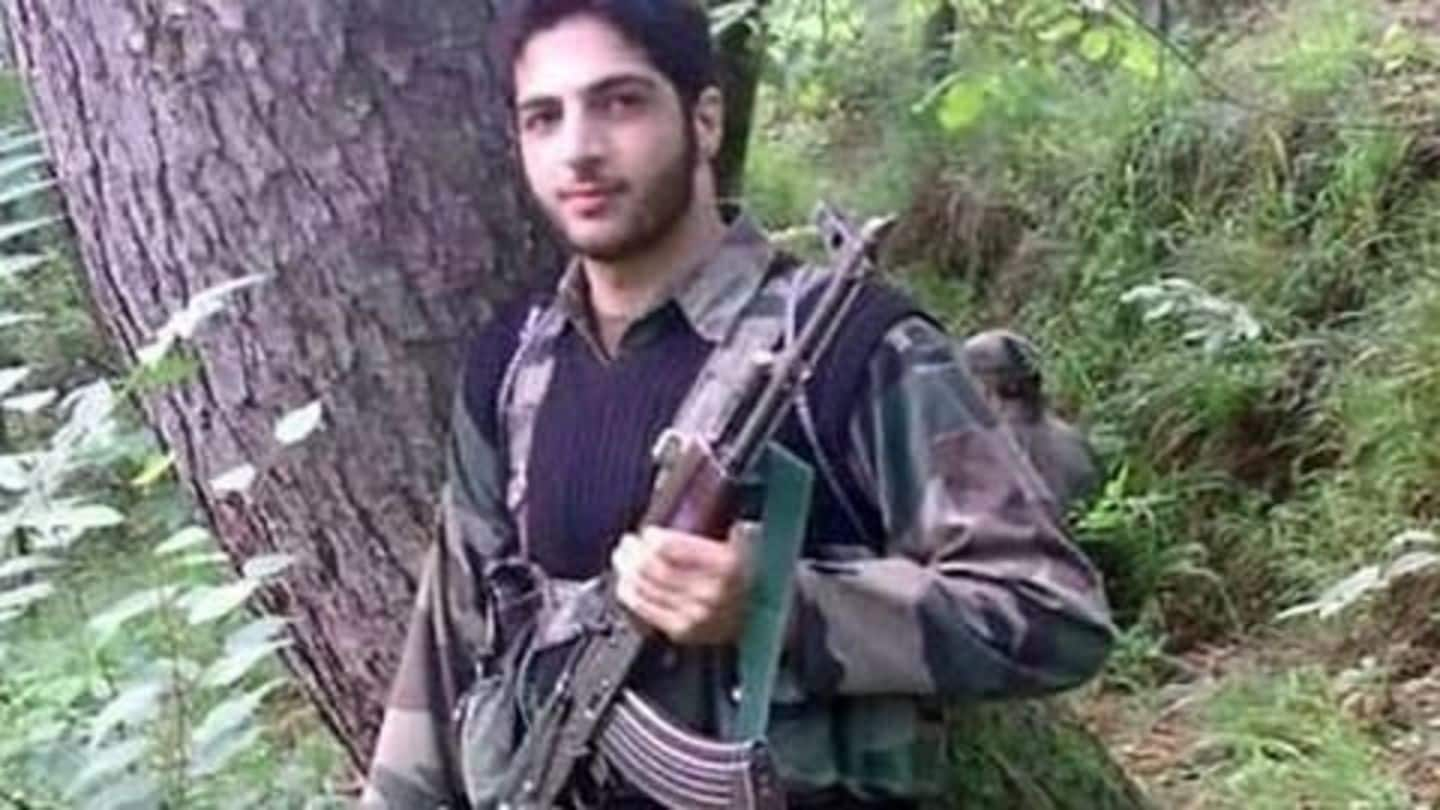
Burhan Wani effect: More youth take up militancy in Kashmir
What's the story
While the security forces have been working hard to control violence in Kashmir valley, the situation seemingly shows no signs of improvement other than isolated instances of military victories.
This points to larger changes in the nature of Kashmiri militancy, a tell-tale sign of which is the burgeoning number of locals among the militants, particularly since the killing of Hizbul Mujahideen commander, Burhan Wani.
About
Who was Burhan Wani?
Burhan Muzaffar Wani, the commander of Hizbul Mujahideen organization, belonged to Tral town in southern Kashmir.
Joining Hizbul Mujahideen at the age of 15, Wani gained a huge following for his pro-resistance videos in social media. His social media campaigns were further instrumental in increasing the organization's youth outreach.
Wani was killed in July 2016 in an encounter with the security forces.
Do you know?
Wani's dangerous charisma
Wani was considered so dangerous that the security forces placed a Rs. 10 lakh-bounty on his head at 15 years of age. "He was fully aware of the power of social media, he released videos .......to glorify and romanticize militancy", noted a police official
Factors
What's aiding the Burhan Wani effect?
Wani and Hizbul acquired a heroic cult-status, after his killing last year, prompting many boys at a young, impressionable age to become militants.
Like Wani, they extensively use social media to propagate their ideology.
Police harassment of locals for militancy-related information further seems to drive them towards militancy.
Security operations halting normal life and resulting in collateral damage also drive them the other way.
Data
Burhan Wani effect in numbers
According to a report presented in the Parliament, 88 Kashmiri Youth are reported to have taken up militancy since Wani's death in 2016. 29 have so far done so this year. Police records further reveal that 122 out of 282 active militants are Kashmiri locals.
Analysis
What's different about Kashmiri militancy this time around?
Increased involvement of locals in militancy presents a unique set of challenges for security forces.
While locals so far are not involved in suicide bombings, but they enjoy acceptance among the local populace, as opposed to the security forces who don't.
This further enables them to be harboured, resulting in increased collateral harm and damage to reputation of the security forces.
Quote
Security forces' attempts to remedy the situation
The police are making efforts to discourage youth from joining militancy. "Those arrested are counselled. Many a times, we get in touch with families of militants. we try and counsel youths joining militant groups", notes S P Vaid, DGP, J&K police